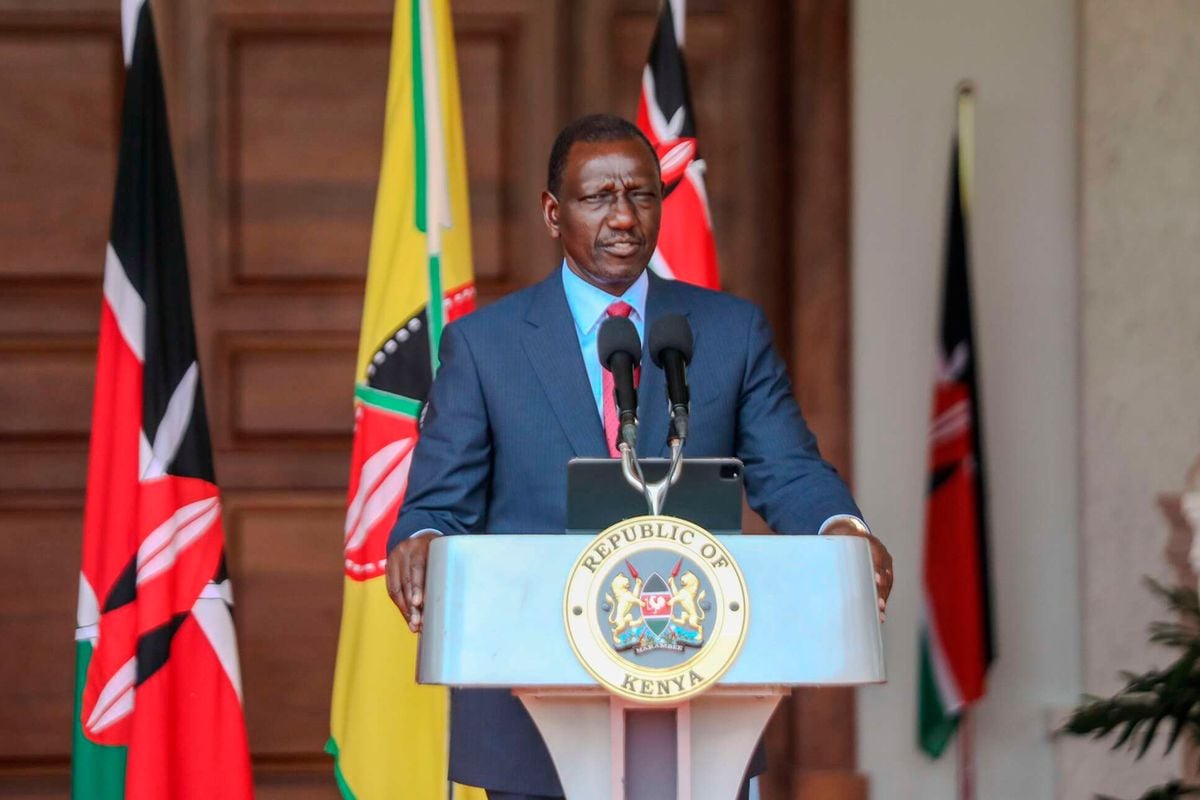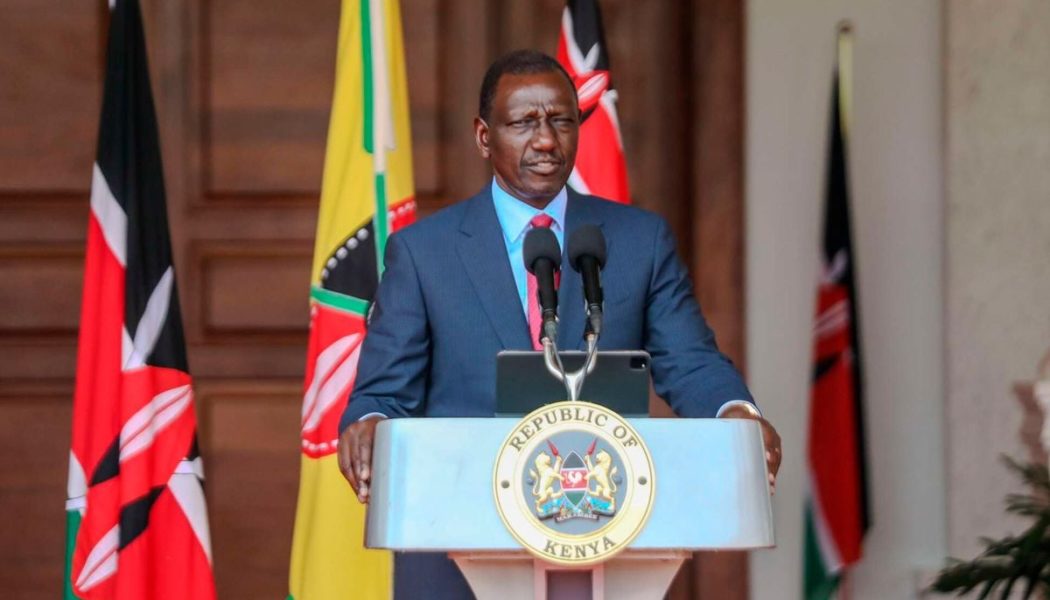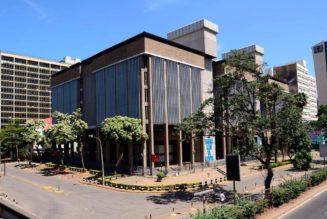
Without doubt the most critical and urgent first step to revive the economy is to decidedly and visibly address corruption and inefficient use of public resources.
This is what will re-establish confidence among Kenyans and global stakeholders. It is a political decision and action that does not require any dialogue. And the starting point is rejection of Conflict-of-Interest Bill just passed by the Senate.
Counties, which receive about 30 percent of national tax revenues, may have escaped Gen Z ire, but they equally share blame for economic shortcomings due to resource mismanagement. National and county governments should have a genuine dialogue on how to cut waste and optimise value from tax revenues.
Long-term economic planning should be centred in the Ministry of Economic Planning. Public perception is that economic planning has been hijacked by economic advisers sitting elsewhere. They originate short-term five-year plans which are perceived as politically self-serving, and the cause of mismatch between national revenues and expenditure, resulting in severe deficits.
Kenya should revert to long-term plans like Vision 2030 which have received sufficient professional and public inputs. Long term planning can appropriately address future generational needs.
It is also a public belief that project budgets submitted by ministries and parastatals are exaggerated to include budgeted corruption.
How to review budgetary submissions to ensure true costs of projects is an area that the authorities will need to ponder. This will significantly reduce leakage of public funds and reduce need for increased taxation.
Public service appointments should be for professionally qualified persons with relevant knowledge in respective fields, and with wide appreciation of local and global economic dynamics. This way we increase productivity in ministries and various economic sectors.
Service and not financial entitlement should be the basic guiding criterion for all public servants in national and county governments.
Having addressed the basics of good governance, we then address priority economic sectors that will quickly generate taxable incomes, forex revenues and quality jobs. And these are production sectors—agriculture, livestock, manufacturing, mining, oil production, forestry and tourism.
Open discussions should be held with business associations and leaders from these sectors to listen to what is needed to unlock growth and discuss opportunities like new investments and overseas market promotions while addressing pinch-points like regulatory and bureaucratic hurdles and affordable energy.
Infrastructure projects should be seen as support to production, trade and social services and not an end in themselves. Infrastructure spending should be based on economic and social returns to the country.









